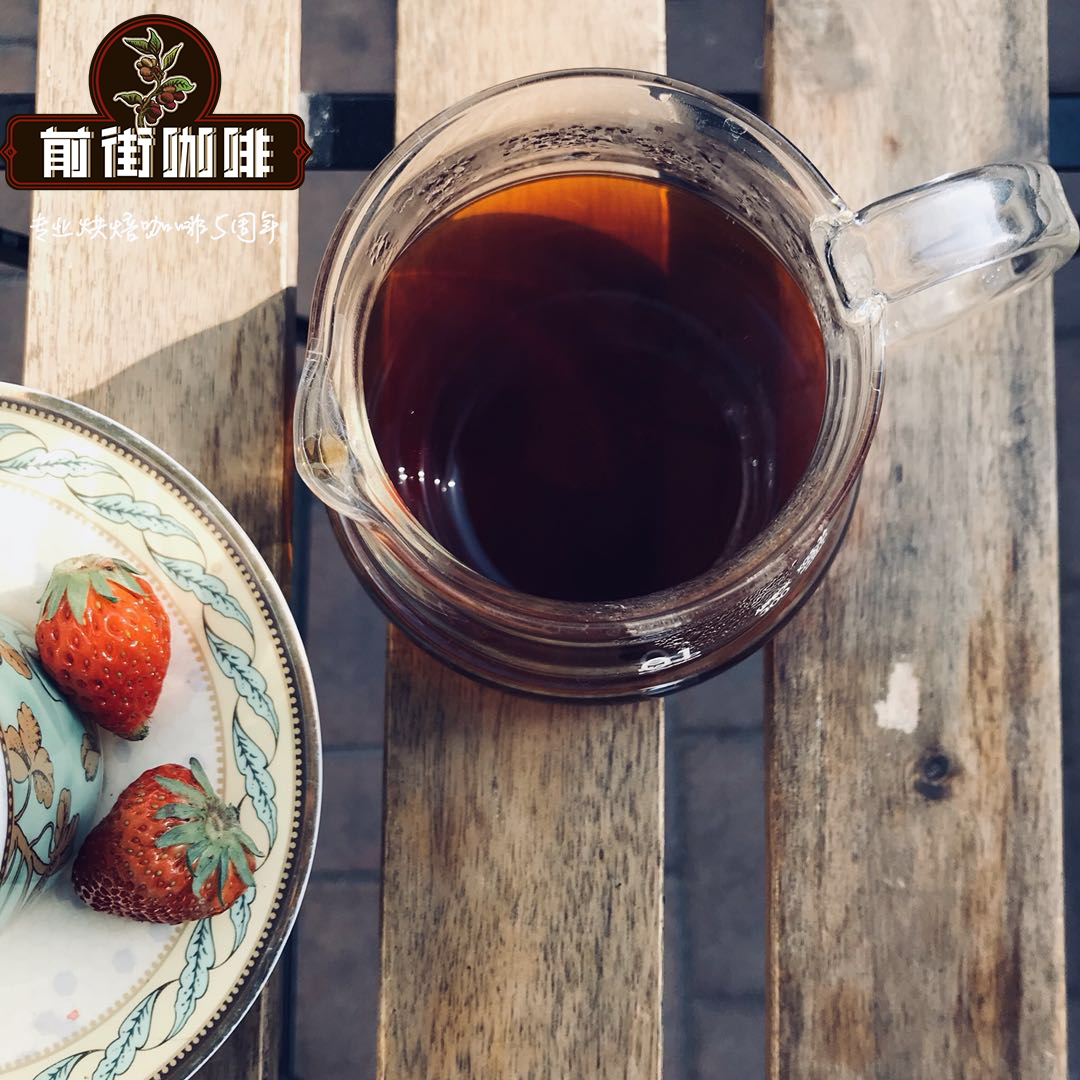Is the sour coffee in the world Kenya? How is the acid in Kenya different from that in Rosa and Yega?

For information, please follow the coffee workshop (Wechat official account cafe_style)
Kenya is bordered to the north by Ethiopia, the origin of Arabica coffee trees, but it was not until the beginning of the 20th century that coffee cultivation began. In the 19th century, missionaries introduced Arabica trees from the leaves, but did not plant them in large quantities until 1893. Brazil's ancient "bourbon" coffee seeds were introduced to cultivate coffee on a large scale. In other words, the current Kenyan coffee is of Brazilian origin, and the flavor of Kenyan beans is very different from that of Brazilian beans due to differences in water, climate and handling. Brazilian coffee is planted at a low altitude, with soft texture and no obvious sour taste. In contrast, Kenyan coffee trees are mainly concentrated on the slopes near Mount Kenya, about 4 to 6500 feet above sea level, which is suitable for coffee beans to develop their flavor, because the mountain temperature is lower and the growth is slower, and the aromatic components of coffee beans are fully developed. the acidity of the fruit is more obvious and the texture is harder.
In addition, Kenya was an early British colony, and the British had established a perfect cultivation and quality control system. After the independence of Kenya, the coffee industry has made great strides on the existing basis, and has become a foreign exchange earning industry in Kenya. The characteristics of Kenyan Coffee: Kenyan Coffee has multi-layered taste and acidity of juice, perfect grapefruit and wine flavor, moderate mellow.
Kenyan coffee has a unique taste and a distinctive fruity aroma. We can try to find this flavor in coffee and pay attention to how it feels in the mouth. One of the common fruit aromas is citrus. Kenyan coffee has a multi-layered taste and the acidity of fruit juice, perfect grapefruit and wine flavor, moderate mellow.
Similar to coffee: Kenya Coffee is most similar to Isabia Stammer Coffee. In addition to the gazebo comprehensive coffee served in summer, there are promotional coffee such as East African coffee, some black apron products and so on.
Suitable food: grapefruit, berries, seedless raisins, raisins, oranges.
Tasting suggestion: Kenya coffee tastes so unique that there is almost no similar coffee. However, it is still worth comparing it to Ethiopia Stammer Coffee. Taste the African acidity and citrus aromas in each kind of coffee. Kenyan coffee is characterized by a distinctive fruity aroma. Try to find this flavor in the coffee and pay attention to how it feels in the mouth. One of the most common fruit aromas is citrus.
Important Notice :
前街咖啡 FrontStreet Coffee has moved to new addredd:
FrontStreet Coffee Address: 315,Donghua East Road,GuangZhou
Tel:020 38364473
- Prev

What is Golden Manning Coffee? How should Indonesian coffee be roasted properly?
For more information on coffee beans, please follow the coffee workshop (Wechat official account cafe_style) Coffee in several big islands of Indonesia are very famous, including: Sumatra, Java, Sulawesi, Bali and so on. ─ Manning, a famous coffee bean on Sumatra, is the most familiar to everyone. From our experience in trying beans, it belongs to Lintong Province and Aceh.
- Next

Do you know the difference between coffee, cappuccino and latte after all these years?
For information, please follow the coffee workshop (Wechat official account cafe_style) cappuccino (an Italian coffee) cappuccino is an Italian coffee mixed with the same amount of Italian espresso and steamed milk. The color of the coffee is like a cappuccino monk covering a dark brown coat with a headscarf, hence the name caffeine. Traditional
Related
- Detailed explanation of Jadeite planting Land in Panamanian Jadeite Manor introduction to the grading system of Jadeite competitive bidding, Red bid, Green bid and Rose Summer
- Story of Coffee planting in Brenka region of Costa Rica Stonehenge Manor anaerobic heavy honey treatment of flavor mouth
- What's on the barrel of Blue Mountain Coffee beans?
- Can American coffee also pull flowers? How to use hot American style to pull out a good-looking pattern?
- Can you make a cold extract with coffee beans? What is the right proportion for cold-extracted coffee formula?
- Indonesian PWN Gold Mandrine Coffee Origin Features Flavor How to Chong? Mandolin coffee is American.
- A brief introduction to the flavor characteristics of Brazilian yellow bourbon coffee beans
- What is the effect of different water quality on the flavor of cold-extracted coffee? What kind of water is best for brewing coffee?
- Why do you think of Rose Summer whenever you mention Panamanian coffee?
- Introduction to the characteristics of authentic blue mountain coffee bean producing areas? What is the CIB Coffee Authority in Jamaica?

